The Commonwealth of Independent States (CIS)—comprising countries such as Kazakhstan, Uzbekistan, Turkmenistan, Armenia, Azerbaijan, Kyrgyzstan, and Tajikistan—is a dynamic region for trade and investment. These landlocked nations rely heavily on efficient transit routes to access global markets. Among the various options, transit through Iran has emerged as a highly strategic, cost-effective, and reliable corridor for cargo transportation. Lian Visman, an experienced international logistics provider, is at the forefront of offering customized, secure, and timely transit services to CIS countries via Iran.
Common Challenges in Middle East Cross-Border Shipping
- Complex Customs Regulations:
Each country in the Middle East has its own import and export laws, documentation requirements, and inspection processes. The lack of harmonization across borders often leads to delays, fines, or even shipment refusals if not managed carefully. - Political Instability and Sanctions:
Geopolitical tensions and shifting alliances can impact trade routes, border security, and transport reliability. Additionally, companies must remain compliant with international sanctions, particularly when operating in or through countries like Iran, Syria, or Lebanon. - Infrastructure Gaps:
While some nations like the UAE and Saudi Arabia boast modern logistics networks, others have underdeveloped infrastructure, affecting cargo flow and delivery times. Remote border areas may also lack efficient customs facilities and warehousing. - Language and Bureaucracy Barriers:
Multilingual documentation, regional dialects, and bureaucratic hurdles can slow communication and coordination between shipping agents, authorities, and customers. - Varying Transit and Tariff Policies:
Shipping costs and transit times fluctuate based on regional fuel prices, taxation, road conditions, and regulatory changes, making it hard for businesses to plan logistics budgets effectively.
Read more: Middle East Shipping Company

Practical Solutions to Overcome These Challenges
- Partnering with Experienced Logistics Providers:
Collaborating with regional experts like Lian Visman ensures smoother shipping processes. Lian Visman offers deep knowledge of customs procedures, transit routes, and regional trade norms. Their experience operating in Iran and across the Middle East helps clients avoid delays and penalties while optimizing delivery schedules. - Customs Brokerage Services:
Using licensed customs brokers can reduce clearance time and mitigate risks. These professionals ensure that all documents are in order and that shipments comply with local laws. - Technology Integration:
Real-time tracking systems, automated documentation, and digital customs clearance tools help increase transparency and efficiency in cross-border operations. - Diversifying Routes and Modes of Transport:
In politically sensitive areas, combining road, sea, and air freight options can minimize delays and reduce dependency on any single corridor. - Regular Compliance Monitoring:
Keeping up with international regulations and sanctions is critical. Partnering with companies like Lian Visman ensures that shipments meet all legal requirements, particularly in complex jurisdictions.
Read more: Middle East Freight Services

Conclusion
Cross-border shipping in the Middle East demands strategic planning, local expertise, and adaptability. While the challenges are real—ranging from customs and compliance to infrastructure and geopolitical risks—the solutions are within reach when working with the right logistics partners. Lian Visman, with its strong presence in Iran and deep understanding of regional shipping dynamics, is a valuable ally for businesses looking to expand or streamline their trade in the Middle East.
FAQs
The main risks include customs delays, sanctions violations, political instability, and infrastructure issues.
Working with an experienced logistics partner like Lian Visman, using proper documentation, and selecting the right routes are key to efficient shipping.
Yes, despite sanctions and regulatory complexities, Iran plays a strategic role in regional logistics, especially with support from firms like Lian Visman.
Many modern logistics providers offer GPS tracking and digital platforms to monitor shipments across borders in real time.



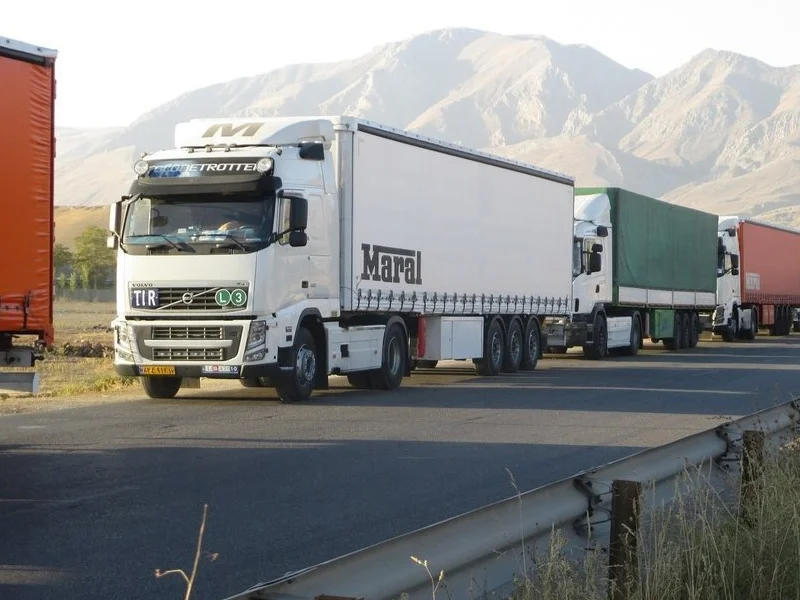
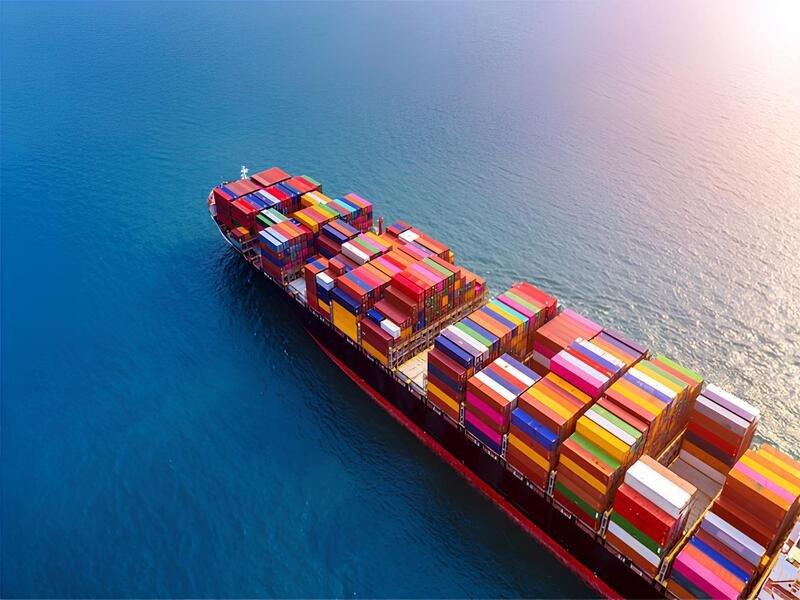
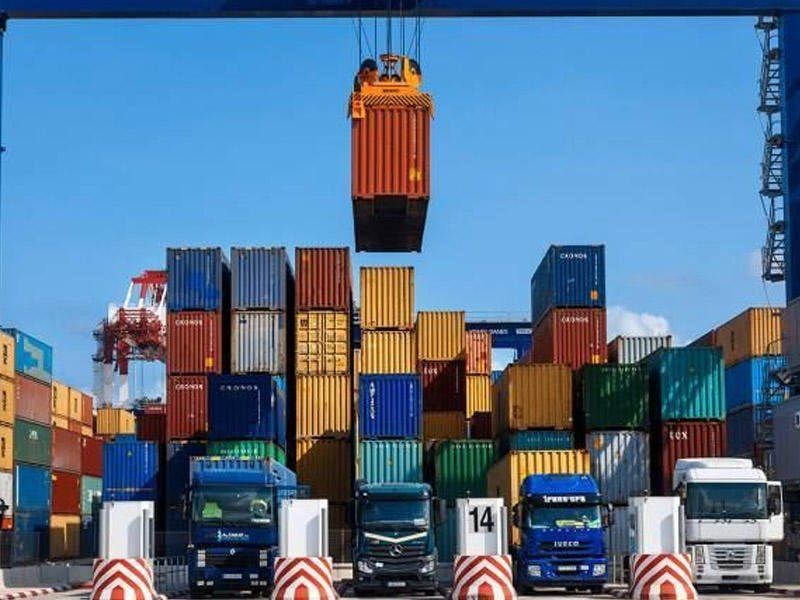
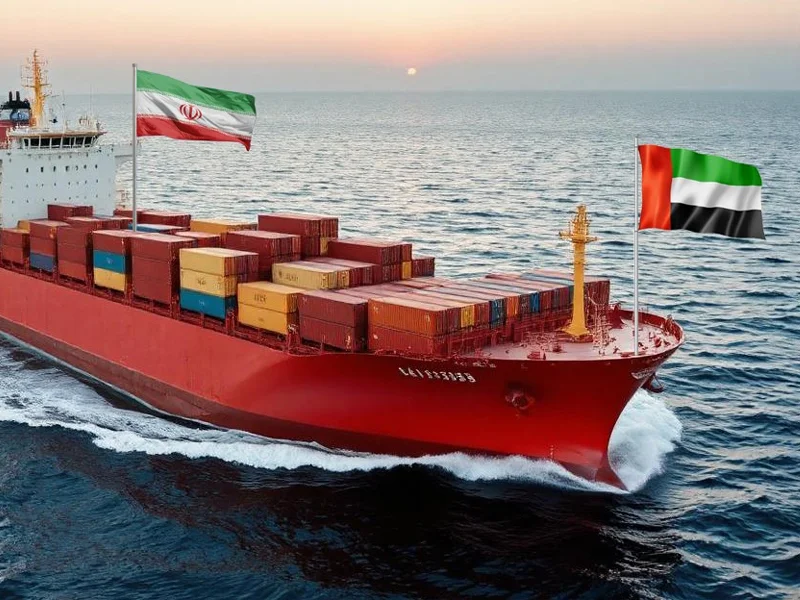
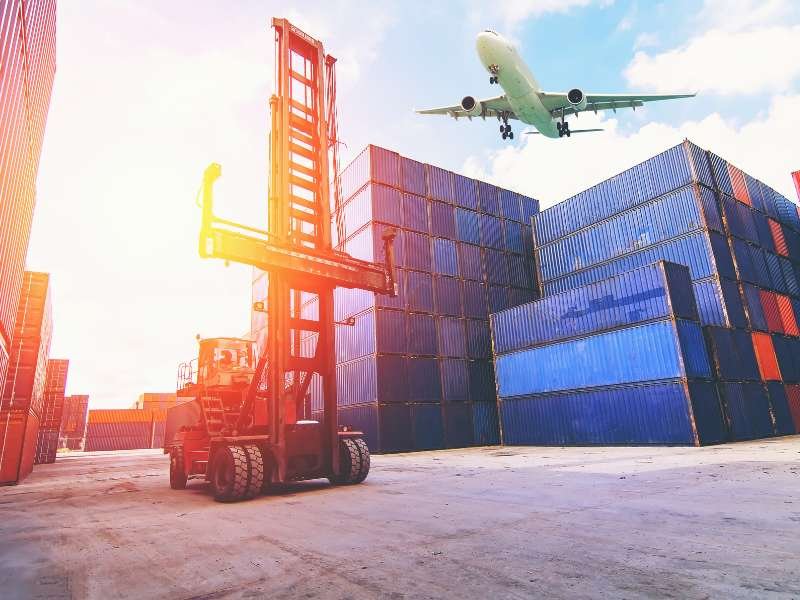


Recent Comments